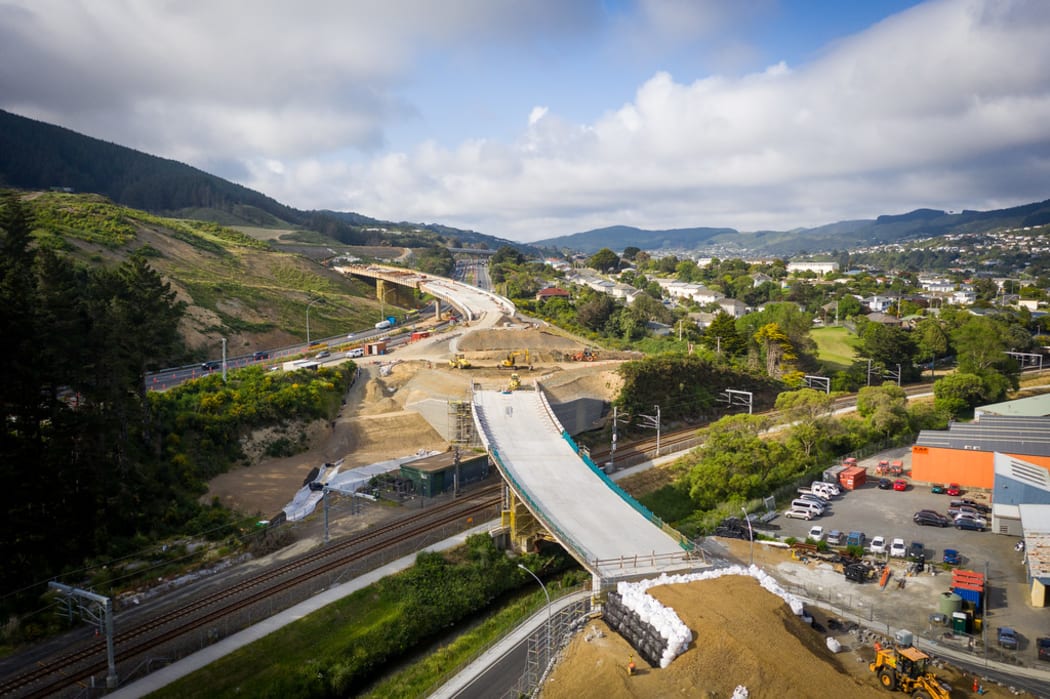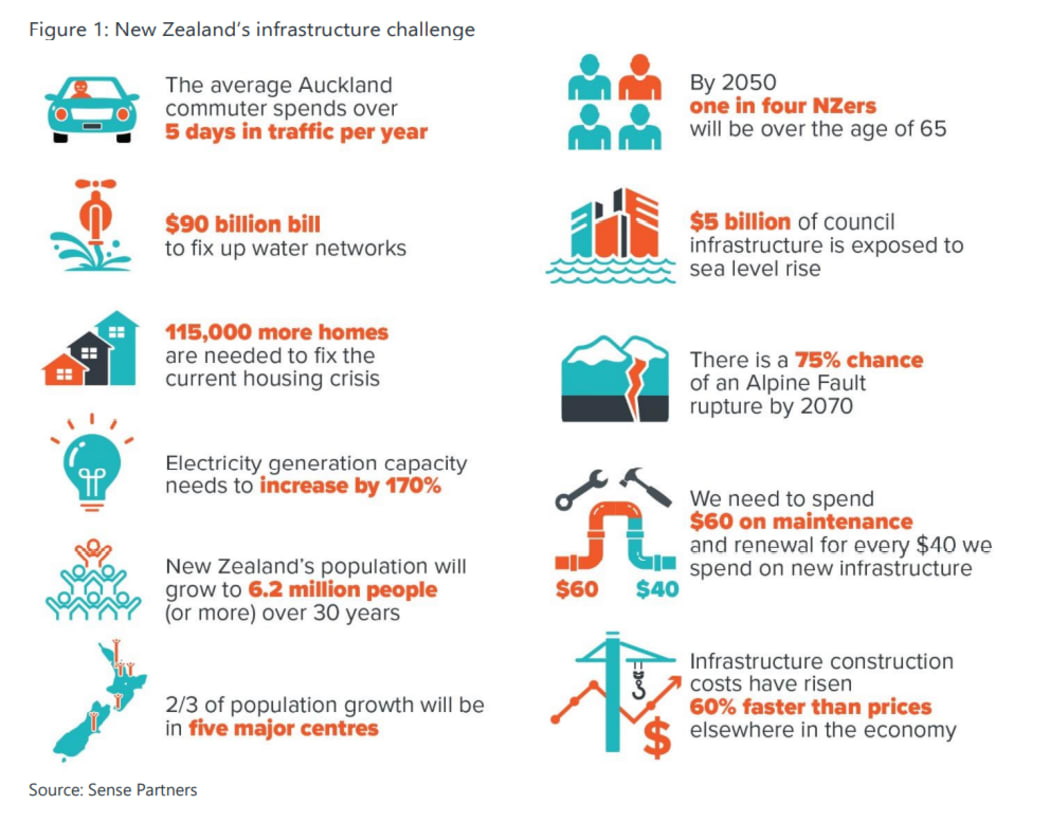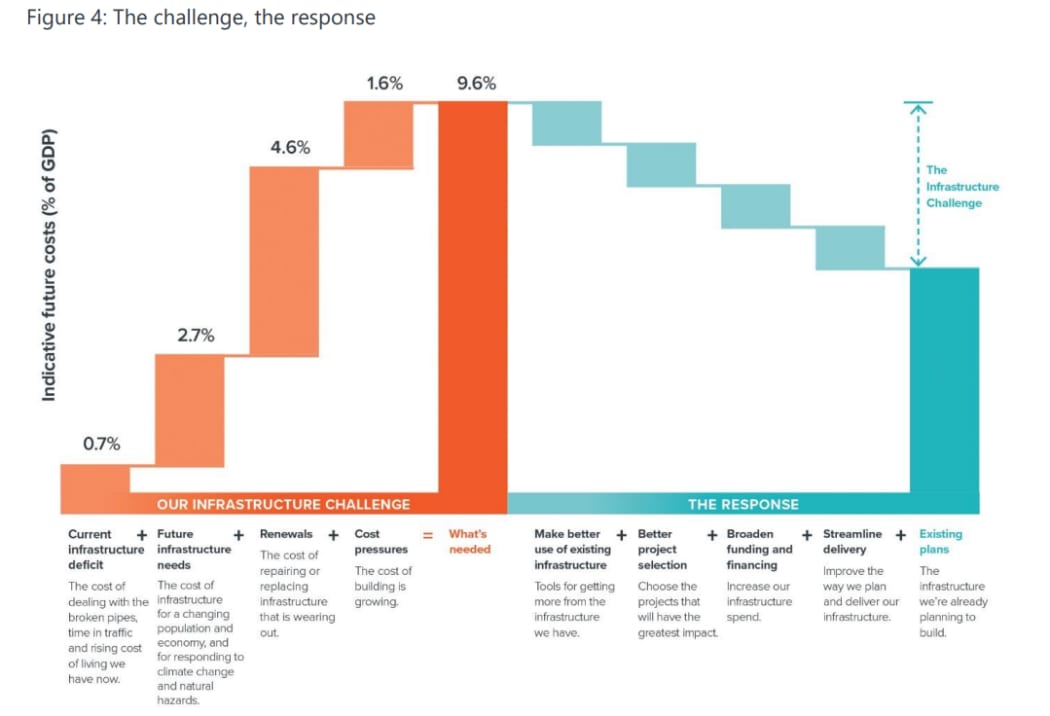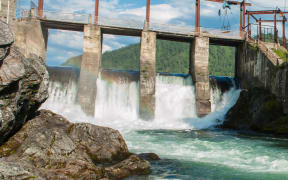The government needs to think smarter about how it tackles infrastructure challenges in the future as it will not be able to build its way out of the problems it will face, according to a new report.

Construction work on Transmission Gully in 2019 (file photo). The Infrastructure Commission says population growth will put increasing pressure on roads, water networks and cities. Photo: NZTA / Mark Tantrum
The Infrastructure Commission has issued its first draft strategy to the Minister for Infrastructure in which it outlined key issues the country would face in the coming decades and put forward recommendations to overcome them.
It said over the next 30 years, the number of people who live in New Zealand would grow to more than six million, placing increasing pressure on our roads, water networks, and our cities.
"At the same time we face a housing crisis, rising congestion and an enormous economic transition as we mitigate the effects of climate change," Commission strategy general manager Geoff Cooper said.
"Underspending, restrictive planning and a just-in-time approach to infrastructure has contributed to unaffordable homes."
Cooper said the current consenting system delayed developments needed to meet zero-carbon goals and urban congestion would grow worse without a different approach to transport.
He said the country could not rely on building its way out of the infrastructure deficit because the cost of building needed to keep up with demand would hit $31 billion per year or about 9.6 percent of GDP - almost double what is spent now.
"We will need to increase infrastructure funding over the next 30 years, but there are steps we can take to close this gap by improving the way we make decisions, changing the way we pay for services to better manage demand, taking a longer-term approach to urban planning, and removing barriers to building homes in the parts of our cities where there's already infrastructure," he said.
The commission put forward 67 recommendations to be adopted in tranches by the government over the next three decades.
Among ideas to be considered in the near term was congestion charges for some of Auckland's busiest roads.
"Congestion pricing in Auckland is expected to reduce congestion at peak times by 8 to 12 percent, generating significant social and economic benefits," the report said.
It also suggested:
- The consolidation of various infrastructure capital funds
- Prepare existing infrastructure for the effects of climate change
- A material increase in funding so that those who benefit the most from projects pay their fair share
- Relaxed planning restrictions
- Water metering
- The reduction of the amount of waste that is created, particularly for products that cannot be recycled.
The Infrastructure Commission will await feedback from the minister before refining the strategy for release early next year.
It will then be up to government to formally respond to the recommendations and advice.





